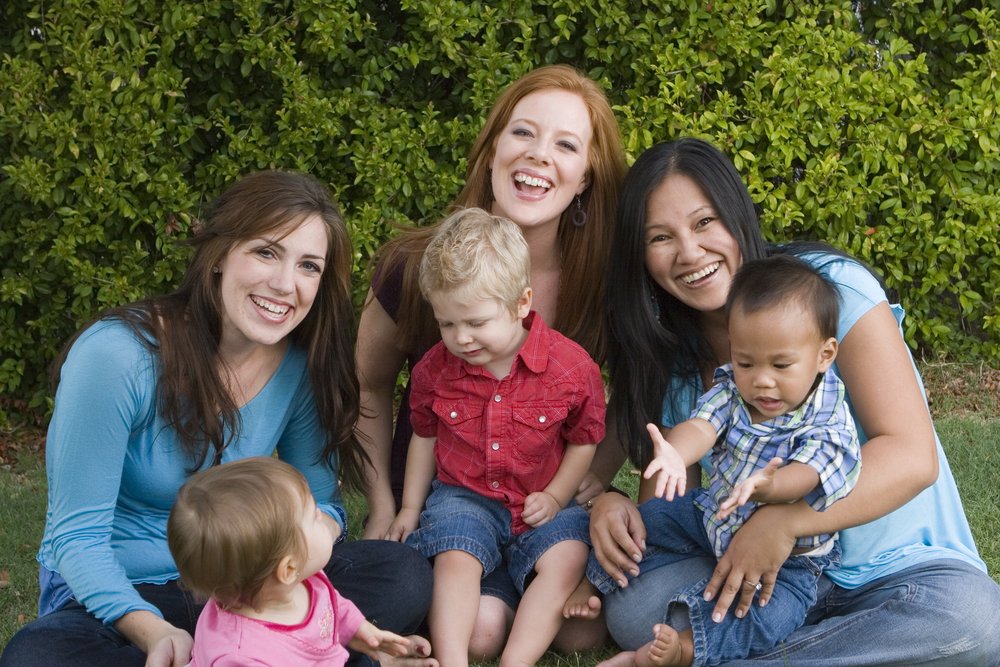Key points:
- Playdates provide important opportunities for children to practice and develop social and emotional skills alongside their peers.
- To make playdates successful, they should be short and scheduled no more than once or twice a week, avoiding nap and mealtimes.
- Rewarding good hosting behavior, providing a healthy snack, and supervising play are important components of successful playdates.
- Encouraging children to play together is important, but it’s also okay if they choose to play side by side as long as they are happy.
Playdates may seem as an unnecessary agenda-space filler, but they are in fact a very important opportunity for your child to imagine and learn alongside their peers. Just like with anything else, practice makes perfect, and kids need to have spaces for practicing their developing social and emotional skills in order to continue growing.
Because the idea of dealing with more than one toddler at a time can seem very challenging, we have prepared some tips on how to schedule great playdates for your child:
- Make them short and don’t over-schedule. Rather than doing it every day, organize 60 to 120-minute-long playdates once or twice a week. If your kid has many activities already, ask them to try and be on their best social behavior, like in day care. Check their attitude and behavior to see if you should cut back on the extra playdates.
- Arrange playdates avoiding nap or mealtimes so that the kids are not tired or hungry.
- Reward good hosting behavior. Being a playdate host is a bit more demanding for a toddler, because it means sharing their house, toys, food, and parents. If this is the case, you can allow your child to put a toy that they don’t like to share away before the guest arrives. Taking apart a favorite or special thing can make sharing other possessions easier.
- Start with a healthy snack and make sure both kids receive the same amount.
- Stay around and supervise, so that you can help the kids arrive at a compromise in case a conflict arises.
- Encourage playing together, but don’t push it if both kids are happy playing side by side.








